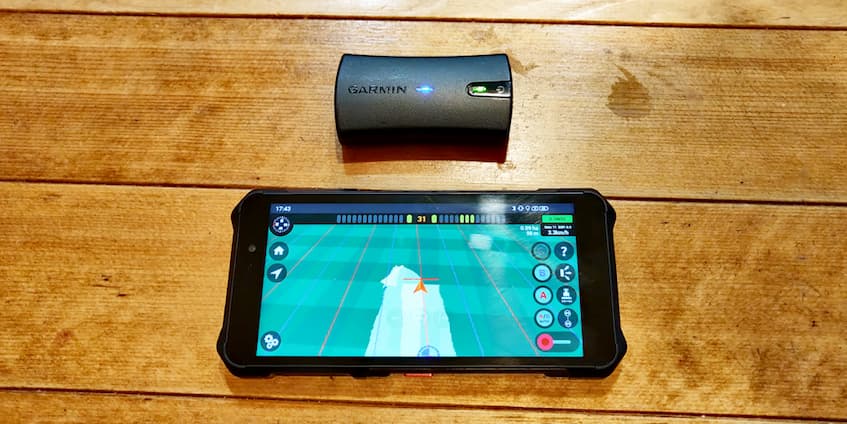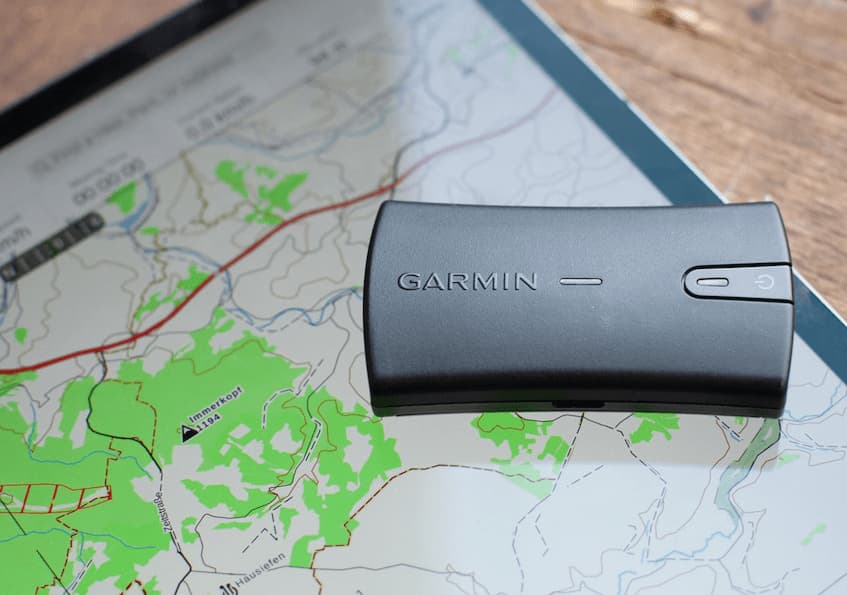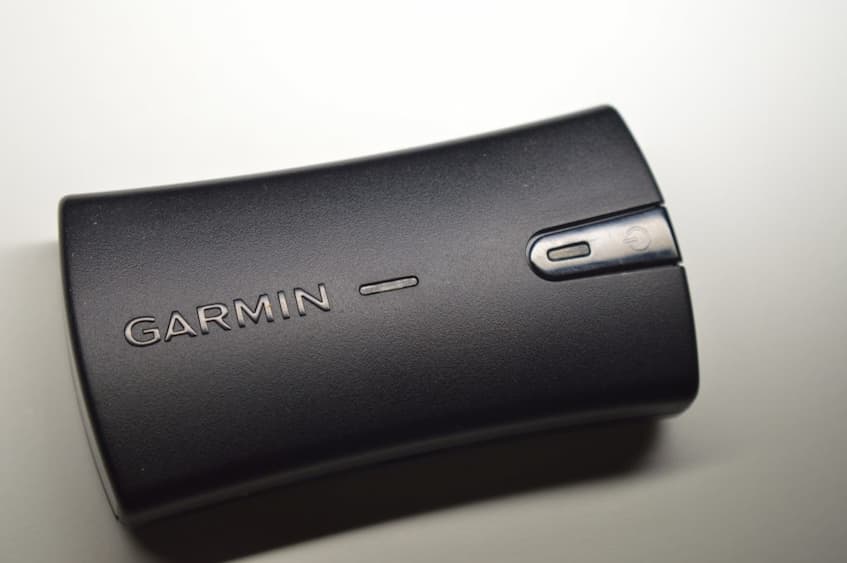
Bluetooth GPS Receivers: Precision on the Go
If you’ve ever found yourself frustrated with spotty smartphone navigation or inaccurate GPS readings, you’re not alone. That’s where Bluetooth GPS receivers come into play. These compact yet powerful devices connect wirelessly to your smartphone, tablet, or laptop, providing precise location tracking without relying on built-in GPS chips that can often be unreliable.
Contents
Why Use a Bluetooth GPS Receiver Instead of Your Phone’s GPS?
You might be wondering, “Why not just use my phone’s GPS?” While smartphones are convenient, their GPS capabilities often fall short in accuracy, speed, and reliability, especially in challenging environments.
A premium-quality Bluetooth GPS receiver offers several advantages.
- Many Bluetooth GPS devices support multiple satellite systems like GPS, GLONASS, and Galileo, offering pinpoint precision down to a few metres.
- Unlike smartphones, these receivers are designed to maintain a strong connection even in remote areas, dense forests, or deep valleys.
- Using a dedicated GPS receiver saves your phone’s battery since it offloads the heavy lifting to an external device.
- For pilots and sailors, accuracy is non-negotiable. Many aviation and marine navigation apps work best when paired with an external Bluetooth GPS device.
Who Needs a Bluetooth GPS Device?

A Bluetooth-enabled GPS isn’t just for hardcore adventurers. Here are some common users who benefit from these devices.
Pilots
Aviation apps like ForeFlight and Garmin Pilot require highly accurate GPS data. A Bluetooth GPS receiver ensures a steady and reliable signal at high altitudes, making it a must-have for pilots who rely on digital navigation tools.
Road Trippers and RV Travelers
If you’re driving through remote areas where cell coverage is weak, a Bluetooth GPS ensures your navigation apps remain functional, even when your phone loses reception.
Hikers and Outdoor Enthusiasts
If you enjoy hiking, camping, or off-roading, you know that smartphone GPS can be unreliable in rugged terrain. A Bluetooth-enabled GPS enhances accuracy and ensures you never lose your way.
Boaters and Sailors
Marine navigation requires precise positioning, and a GPS with Bluetooth works seamlessly with marine navigation apps, helping boaters stay on course even in the middle of the ocean.
Surveyors and Geocachers
Surveying and geocaching demand pinpoint accuracy. A Bluetooth GPS can significantly improve location tracking, making these activities more efficient and enjoyable.
How Does Bluetooth-Enabled GPS Work?
A Bluetooth GPS receiver acts as an external antenna that communicates with satellites to determine your exact location. It then transmits this data to your smartphone, tablet, or laptop via Bluetooth. Because these receivers are optimised for better satellite connectivity, they provide more accurate and stable location data than built-in GPS chips found in consumer devices.
Setting up a Bluetooth enabled GPS is straightforward:
- Charge the Receiver: Most models come with rechargeable batteries that last for hours.
- Pair It with Your Device: Connect the receiver via Bluetooth in your device’s settings.
- Use a Compatible App: Open your favourite GPS navigation app, and it will automatically detect and use the external GPS signal.
Choosing the Right GPS with Bluetooth

Here are some key factors to consider before making a purchase.
Accuracy and Satellite Support
Look for receivers that support multiple satellite systems like GPS, GLONASS, Galileo, and BeiDou. The more satellites the receiver can access, the more accurate your location data will be.
Battery Life
A good Bluetooth GPS receiver should have a long battery life, ideally lasting at least 10-12 hours on a single charge. Some models also allow external power sources for extended use.
Compatibility
Ensure that the receiver works with your preferred device—whether it’s iOS, Android, Windows, or Mac. Some receivers work seamlessly with specific apps, so check compatibility before buying.
Size and Portability
If you’re always on the move, you’ll want a compact and lightweight device that easily fits in your pocket or bag.
Data Logging Capabilities
Some receivers offer data logging features, allowing you to record and save GPS data for later analysis—useful for pilots, surveyors, and outdoor adventurers.
How to Set Up Your GPS Receiver for Optimal Performance
Once you’ve chosen your Bluetooth GPS receiver, follow these tips to ensure the best possible performance:
- Update the Firmware: Manufacturers frequently release firmware updates to improve accuracy and connectivity. Always check for updates.
- Place the Receiver in an Open Area: To get the best satellite signal, keep your receiver in an open area, away from obstructions like buildings or trees.
- Use a Dedicated GPS App: Some apps work better with external GPS receivers. Research and choose an app that is optimised for your needs.
- Monitor Battery Life: If you’re using the receiver for extended periods, carry a power bank or ensure your receiver is fully charged before use.
The Future of Bluetooth GPS Receivers
As technology advances, Bluetooth GPS devices are becoming even more powerful. Some newer models are integrating augmented reality (AR) navigation, real-time weather updates, and AI-assisted route optimisation. With the rise of autonomous vehicles, drones, and smart navigation systems, the demand for precise GPS tracking will only grow.


Sorry, the comment form is closed at this time.